This move comes as India experiences a surge in economic activity and infrastructure development, driving up domestic demand for steel. In response to the growing opportunities within the Indian economy, local steel producers aim to expand their operations, attracting attention from global steel producers.
In the upcoming fiscal year, Jindal Steel and Power anticipate adding 6 million tons to their existing capacity of 9.6 million tons, while Tata Steel plans to increase its capacity by 5 million tons from the current 21 million tons. JSW Steel, the largest steel producer in India, aims to ramp up production to 38.5 million tons per year, up from the current 27.5 million tons. Although specific investment figures were not disclosed, analysts estimate that the costs for capacity expansion will amount to billions of dollars.
JSW Steel is expected to allocate $2-$2.2 billion annually towards brownfield expansions, enhancing iron mining capacities in Odisha, improving raw material efficiency, and advancing downstream projects. Moreover, JFE Steel and JSW Steel have announced a joint venture investment of 55 billion rupees ($662.85 million) in electrical steel in India, while Tata Steel plans to invest $1.2-1.5 billion in development.
Analysts predict steel consumption to grow by 8-10% in the fiscal year 2024/2025, following a notable 14.5% increase between April 2023 and January 2024, reaching 112.5 million tons, the highest in six years. India also plans to boost infrastructure capital expenditures by 11.1% year-on-year to INR 11 trillion ($134 million) in the upcoming fiscal year, further driving domestic steel demand, encouraging private investment, and fostering job creation.
In 2023, India's steel production grew by 11.8% year-on-year to 140.2 million tons, securing its position as the second-largest steel producer globally according to World Steel rankings.


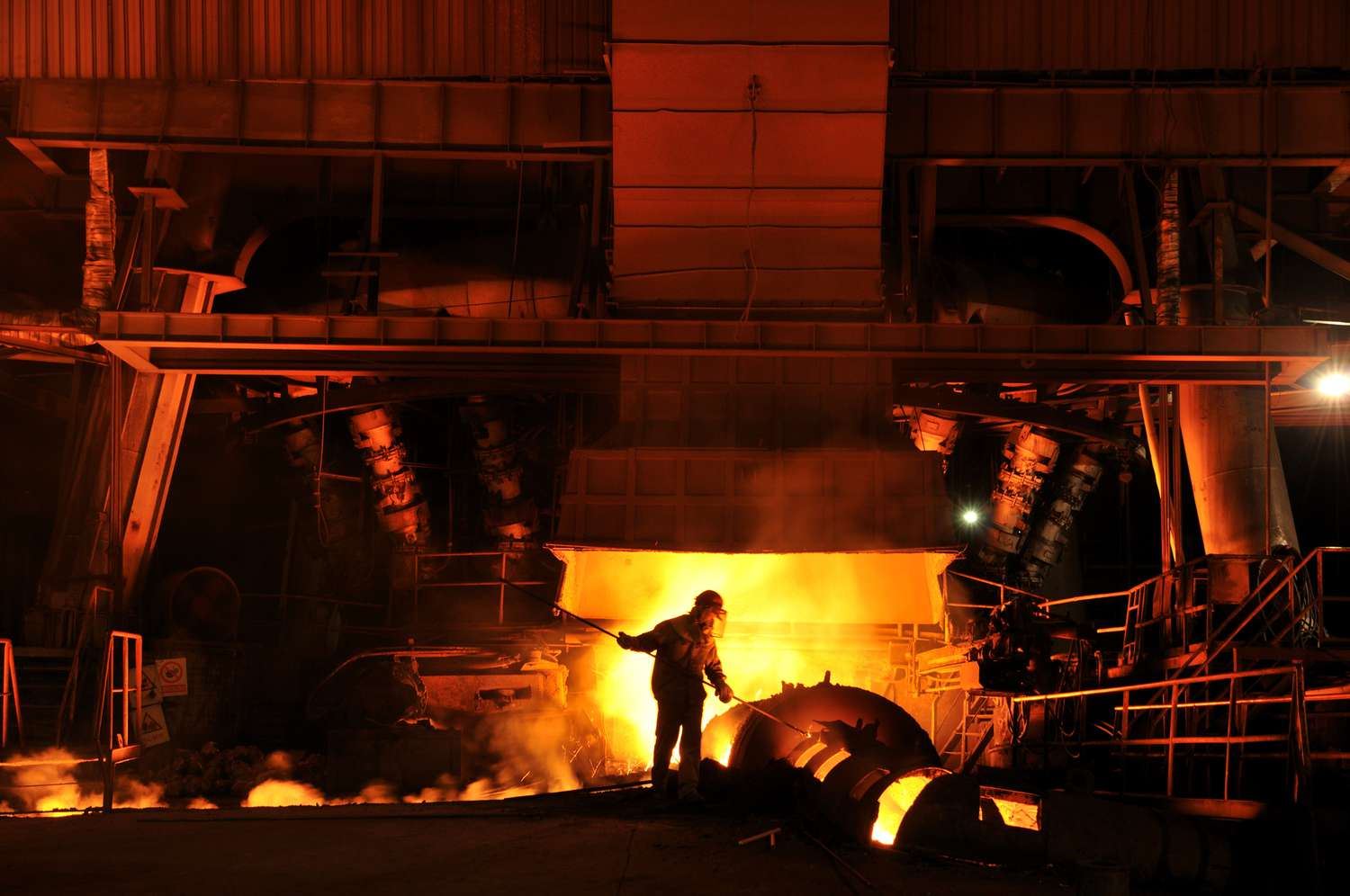

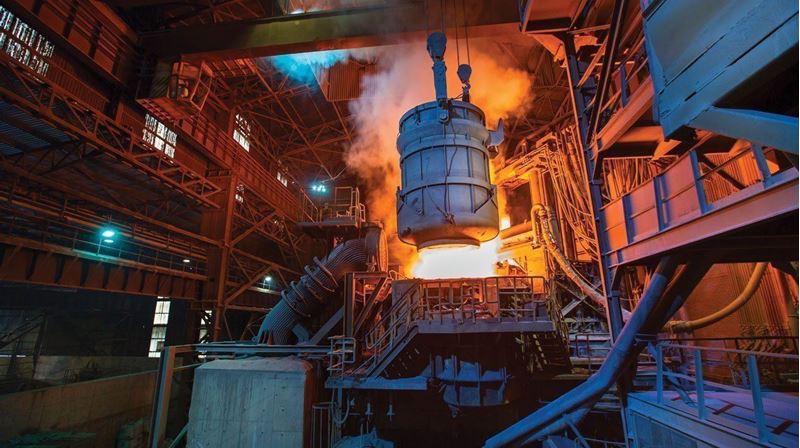
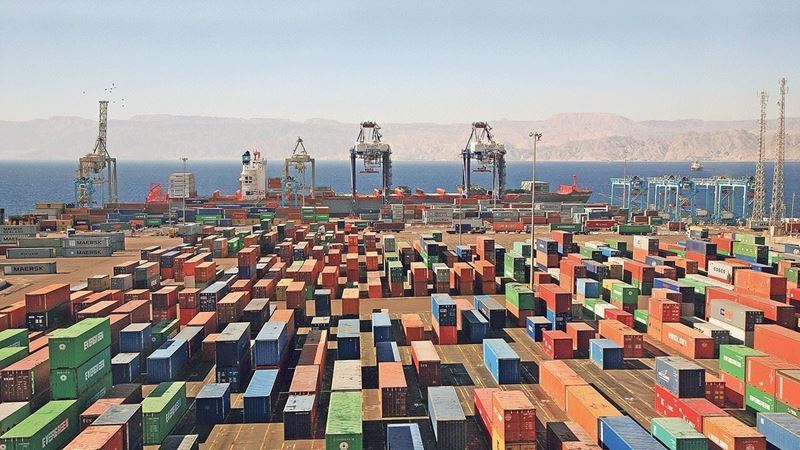
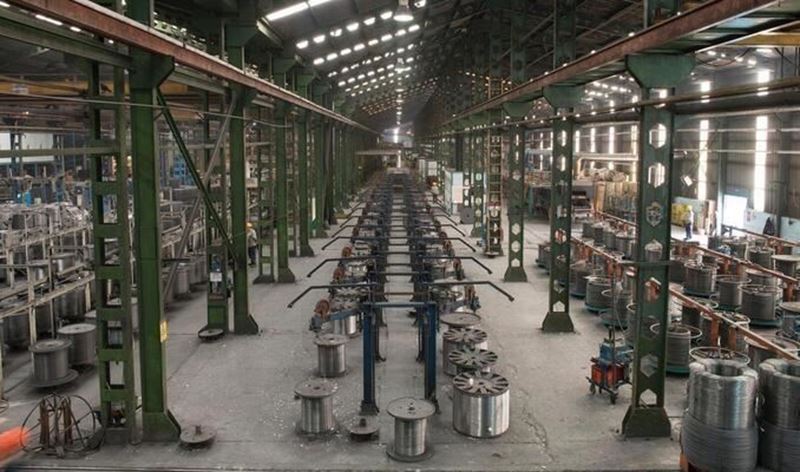

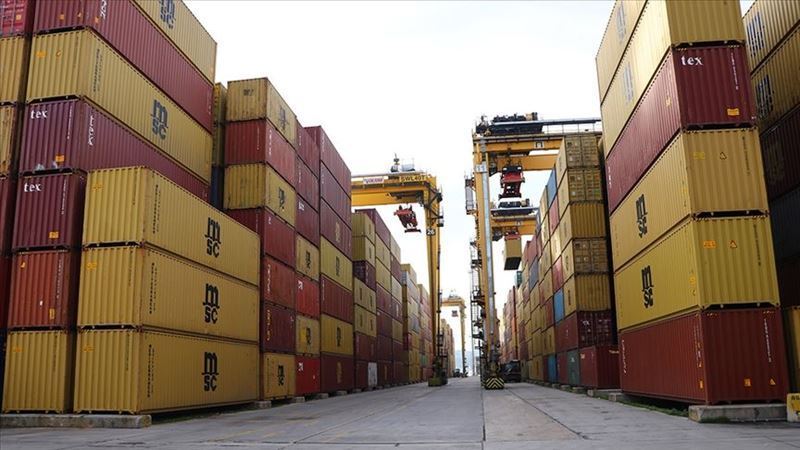


Yorumlar
Henüz yorum yapılmadı